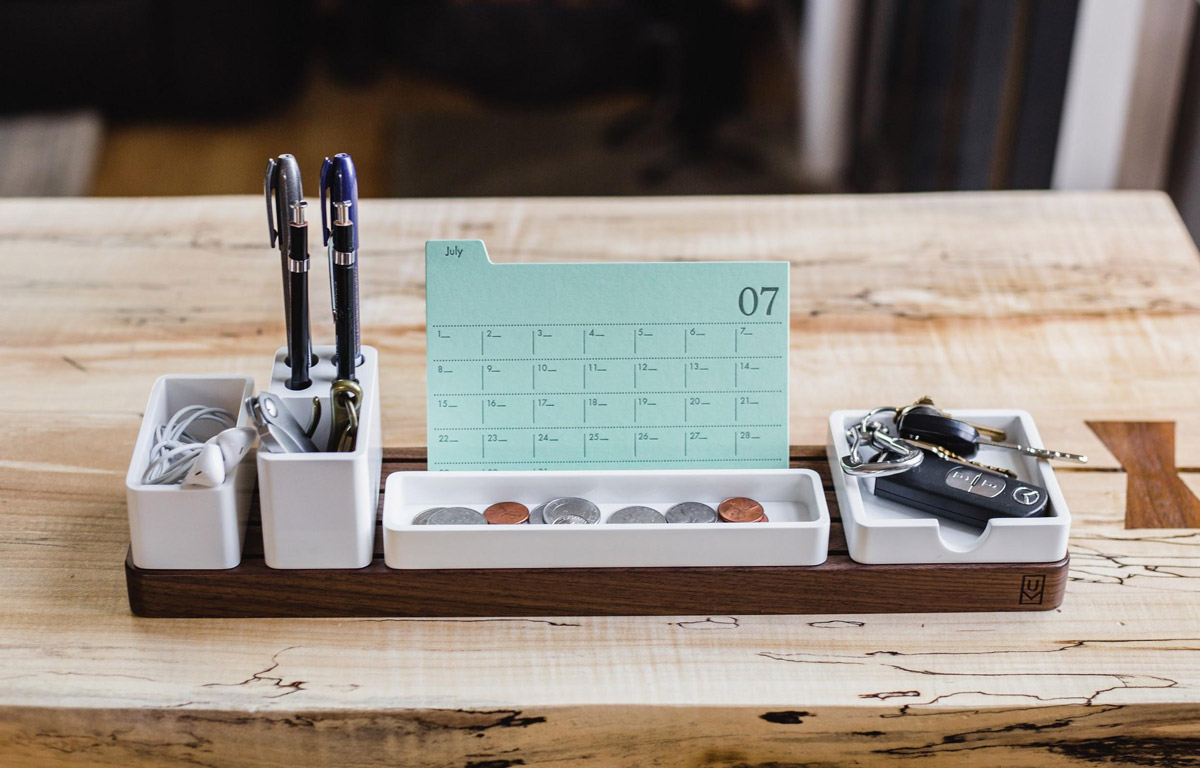Should I Buy A Car? The Newlywed’s Guide to Car Loans & More
2020-03-21

As a soon-to-be or newlywed couple, you might be wondering if getting a car is a wise financial decision to make. Besides, there’s also the car model to decide on, the many car loans to apply for, and various other things to consider, making the entire process slightly overwhelming and very confusing. This is why we’ve enlisted the help of Mr Joseph Tan, Financial Services Manager, to give you some basic tips on how you should approach the idea of getting a car as a couple.
Why should I get a car?
Before you and your significant other even decide on whether both of you want to get a car, it is important to consider the value of a car from a financial point of view. The financial value of a car can be measured in two ways:
Intrinsic value
The intrinsic value of a car is defined not necessarily by its fair market value, but the sum of the value of its parts. This is important for potential car owners to take note as cars are possessions that constantly depreciate in value year after year.
Other factors can also affect the way the value of a car is perceived, such as the way it contributes to your quality of life. For example, couples with children may want a car to fetch their children to and from school, or to make it more convenient to ferry elderly family members back and forth from their various day-to-day appointments. While these are not financially calculable, they can still contribute to the perceived value of a car.
Quantitative value
The quantitative value of a car is defined by its ability to “pay for itself”. If a car is able to aid your profession, it will have more quantitative value. For example, delivery riders’ vehicles may have a high quantitative value as it helps the owner of the vehicle to do his job more effectively, which in turn helps him earn more money.
However, it is important that you and your partner are not blind to the “invisible” costs that come with owning a car. Aside from the usual expenses that come with a car, such as road taxes, insurance, parking fees, and petrol, you should be aware that a car is an asset that depreciates over time. This means that even if a car can help you to do your job better, if it cannot keep up with the rate at which its own value depreciates, it will amount to a negligible quantitative value.
Should I apply for a car loan?

Now that you’ve calculated the value that a car would have, if you and your partner decide to go ahead and purchase a car, you will have to think about what kind of car you want and how you should go about paying for it. If both of you do not have a lot of cash on hand, you might have to consider taking a car loan. But what exactly are car loans and how are they different from other loans?
Together with mortgage loans and credit loans, car loans, which are offered by banks and car dealerships, are a kind of loan that has to be registered in the credit bureau, where it will be factored into your Total Debt Servicing Ratio (TDSR). Couples must be mindful that a person’s TDSR cannot be more than 60% of your gross income, or you will be unable to take on additional loans.
Thus, couples must remember to take their other financial liabilities into account to determine if they can afford to get a car loan! Couples must also be aware that loan curbs dictate that you require a minimum of 40% downpayment on the purchase price of a car above $20,000.
Just like mortgage loans, car loans are one of the most common loans for couples to have. However, these loans differ in the way interest is counted. Car loans are flat loans, which are generally proportionately higher in interest compared to mortgage loans, which are resting loans. Additionally, couples must be mindful that the maximum loan term for any car loan is 7 years. Let’s take a look at the different places you can obtain a car loan from:
Banks
Competitive pricing among car loans taken from banks means that it’s not uncommon to find loan plans with significantly lower interest rates than those offered by car dealerships. In addition, banks offer car loans for both used and new cars. However, couples should be aware that banks typically only give you car loans if you have a good credit rating.
Car dealerships
While they generally offer higher interest rates, car loans from car dealerships often offer balloon payment schemes, which mean lower monthly payments for you and your partner. Loans from car dealerships also offer more convenience, as it allows you to settle the purchase of the car along with financing. However, do note that car loans from dealerships are available only to newer makes and models, and large balloon payments can be difficult to save for on top of repaying loans.
New or used?
Another decision that most couples struggle with when buying an automobile is to pick between a new or used vehicle. While used cars are generally cheaper, the loan rates between new and used cars are significantly different.
Used cars, surprisingly, tend to have higher interest rates than new cars. This is usually due to these reasons:
Resale value
Banks that provide car loans have to consider the fact that someday, they may need to repossess the vehicle. Adding on to the fact that the value of a car depreciates over time due to a higher risk of mechanical faults or breakdowns, the lower value of a used car means that a higher interest rate has to be introduced to balance out these risks. This means that buying a used car may cost more than a new car, even if its purchase price is lower.
Credit scores
While this may not be true for every couple looking to buy a used car, the fact still stands that a majority of people who purchase used cars generally have lower credits scores, and have a higher risk of repossession. Thus, as new cars are at lower risk of repossession, they tend to have lower interest rates compared to their secondhand counterparts.
Should we go dutch?

The next question to ask might then be: How should the bill be split? While this is not an exhaustive list, you and your significant other can split the payment for an automobile in these ways:
50-50
The simplest way (in theory) to split the payment for a car is to each pay half of the payments equally. However, this might not be the most suitable option if you and your partner have significantly different incomes.
Proportionate to your salary
This brings us to the second way that you and your partner can split the cost of a new car — to do it in proportion to your individual salaries. This method ensures that you or your partner will not have to pay more than you can afford and retain some spending comfort.
Last but not least
While these considerations are important factors that should be an integral part of your decision-making process, many basic financial rules still apply. Your financial liabilities should never exceed 35% of your combined net income, and financial decisions should always be made valuing functionality over comfort in order to be effective. Armed with this information, you and your significant other will be able to discern if a car is a purchase of value, and how to go about getting one!
For more advice on purchasing a car, reach out to Joseph Tan, Financial Services Manager, ACQUITY, at 9853 0208.










